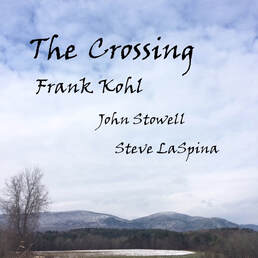
Frank has now released The Crossing, his fifth album, and with him is long-time bass associate Steve LaSpina and guitarist John Stowell. Stowell also plays the nylon string guitar and fits so well with Frank and LaSpina. The Crossing contains several of Frank’s originals along with a couple of Carlos Antonio Jobim tunes that Frank and Stowell perform so well.
The Crossing is the most recent in a growing line of extraordinary guitar albums that feature Frank’s brilliant composing and incredible artistry. He doesn’t get old.
The album opens with the title track The Crossing, the first of Frank’s originals on the album. Frank takes on the melody while Stowell accompanies with those lush and languid chords. LaSpina, as always, is fabulous with that acoustic bass behind it all.
O Grande Amour is a Jobim classic and Frank and Stowell present a more relaxed bossa nova approach with Stowell on the nylon string guitar. LaSpina picks up with the bowed acoustic bass and the effect is sweet. You have to love Frank’s improvisational passages backed by Stowell’s light touch.
I’m Afraid This Masquerade is Over is the Allie Wrubel classic which he simply called The Masquerade is Over. Frank and the fellas make this tune swing. Listen to the dialogue between Frank and Stowell while LaSpina plays so understatedly that you really need to pay close attention. It’s worth the effort.
The Goodbye is another Frank original. The movement and emotion are wonderful. Frank’s evocative playing over LaSpina’s touching bass and Stowell’s light chords is wonderful. The composition is extraordinary and the performance is flawless.
Jerome Kern’s Yesterdays is a tune of fond reminiscence. The song was written for the musical Roberta but was overshadowed by another Kern song, Smoke Gets in Your Eyes. Frank takes on the classic and bends this to his own will and vision. Frank is beautifully virtuosic here and he doesn’t let go of the cool little groove he carves out.
Another Frank original, Middle of Nowhere, is an excellent example of the interplay between Frank and Stowell but LaSpina offers up a beautiful bass solo while the guitars bounce between each other. It is a joyful—sometimes playful—tune that is perfect for this trio.
Sojourn is a bit of a surprise from Frank’s pen with its swinging perfection. It is wistful and imaginative and Frank is right on target with this one. All three artists are straight-up amazing. But it gets even better on New Moon. The lyrical emotion and straightforward rhythms make for one of the best pieces on an already gorgeous album. Frank’s composing is rarely, if ever, better than here.
Frank closes the album with another Jobim beauty, Brigas Nunca Mais. The lyrics from Jobim’s Portuguese are translated like this.
Arrived, smiled, won and then cried
So it was me who comforted her sadness
In the certainty that love goes through these bad phases
And it serves well to make peace, but
Then it was me who needed her
And she came to my rescue
And our love showed it was here to stay
Once again for eternity
So good to love in peace
Fighting no more
Frank brings those lyrics to life with his interpretation. It is as if Frank and Stowell are playing the two lovers of the song’s lyrics in their individual guitar approach. Just like Tom Jobim and Ellis Regina. Beautifully done.
The whole album is a marvel of intelligent composing and flawless execution. Frank Kohl, as I said years ago, is deserving of the greatest attention and admiration. The Crossing is wonderful.
~Travis Rogers, Jr. is The Jazz Owl
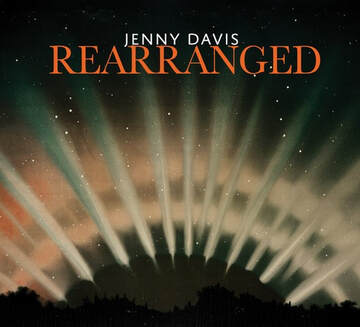
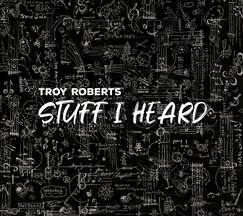
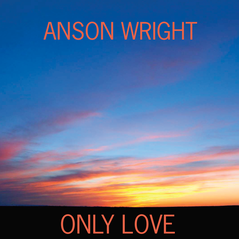
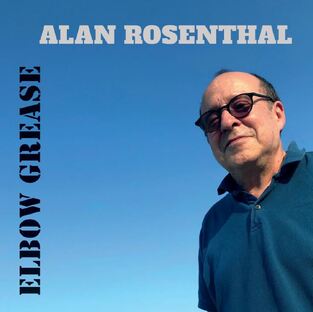



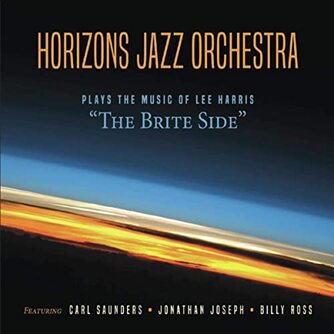
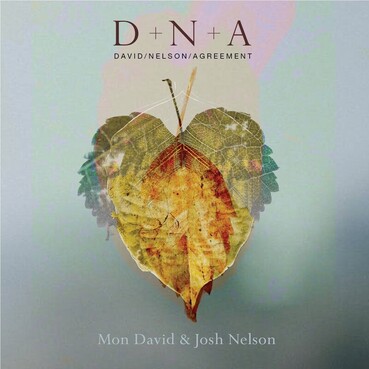
 RSS Feed
RSS Feed
